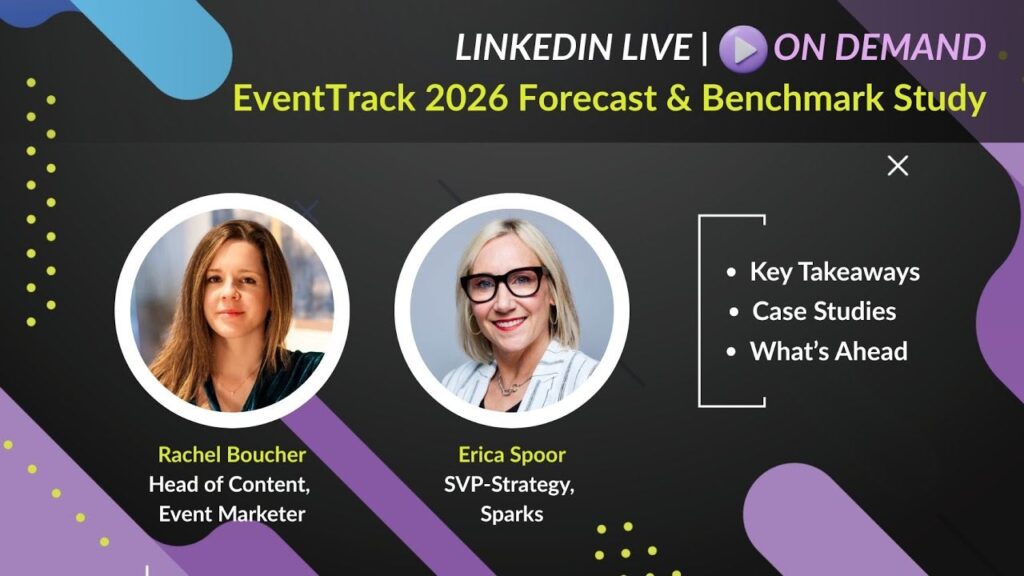How do you sit in an office in Wilton, CT, and create for the world? As companies strive to create consistent global brand identities, how do you develop meaningful and persuasive messages that can cross cultural barriers and maintain a sense of brand continuity and creative integrity?
To be effective in the global marketplace, we ourselves have to become world citizens. The true creative challenge is that single focused communication that translates culturally, executed in a way that is both consumer- and business-relevant to each market.
When TLP opened an East Coast office a year and a half ago, we had a desire to set out on this global marketing frontier. We also had the opportunity. We were asked to participate in a pitch for the Pepsi International business along with a number of larger, more established international marketing agencies. During the pitch briefing, we were challenged with developing an integrated plan that would guarantee promotional integrity across multiple business units globally, and to define a system of simple execution that would make it easy for each region to implement.
Pepsi wanted to put controls in place at headquarters to leverage big properties and ideas, and to create synergies without ignoring local market needs, cultural differences, and translation issues. Our advantage was that we were not already set within a defined international business structure. We were able to take a fresh perspective and create an engagement process customized to Pepsi’s situation.
The structures set up by most international agencies allowed them to execute internationally, but not to think internationally. Typically, they had one- or two-person field offices responsible for implementing ideas in their respective markets and, very often, the executed ideas took on faces of their own that bore little resemblance to the original concept.
Our solution to this problem was twofold: First, leverage local market knowledge, but also local market creativity. And second, create a communication system in which agency intellectual resources could be packaged as services, allowing for relationships to be deepened and new revenue streams established as we build economies of scale for our clients. Ultimately we would be capturing a corporate knowledge base.
Parallel Planets Leveraging the assets of our parent, Omnicom, we created a global network and called it TLPlanet. We set out to align ourselves with the best local resources to become our creative taps into each market. They had to have corporate cultures that could meld with ours, and they had to understand the products we would be sharing or have parallel experiences that would allow them to add value to the process. We also needed real-time communication. We would have brainstorming sessions with teams providing local market insights through relevant concepts and visuals. Our challenge would be to lead the final creative process, producing a single, focused communication and visual presentation drawing on input from some of the world’s best creative minds.
Sounds great, but how do you guarantee that the program gets executed with the same integrity globally? Back to the global braintrust. We’d get feedback from the client post-presentation and create a global implementation system that delivered on the single vision, but that also provided promotional stimulus, tactics, and even prize structures customized to local markets. We would provide the visual template and guidelines with high-resolution artwork to guarantee a consistent brand and program image. And lastly, we’d set up an intranet approval forum that would allow us to guarantee the integrity and consistency of all final products.
The concept is working. We were awarded Pepsi’s international business and, subsequently, Citibank’s.
Marketers preparing for a journey through the world’s markets should take with them three things: talent, respect, and an open mind.
Partner with the best raw creative talent, people who can both formulate and stimulate big ideas. Put egos aside, learn to respect each other, and collaborate to translate big ideas into successful programs. Be open to evolution and revolution. Complacency and ignorance breed mediocrity and failure.
Those who will change with the world are also the ones who will change the world.



